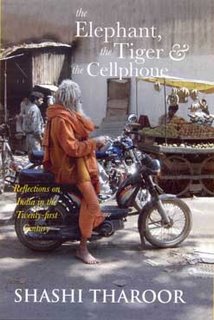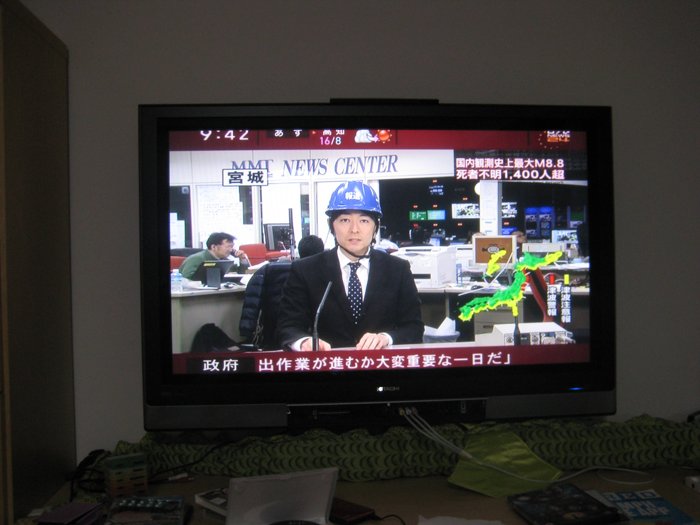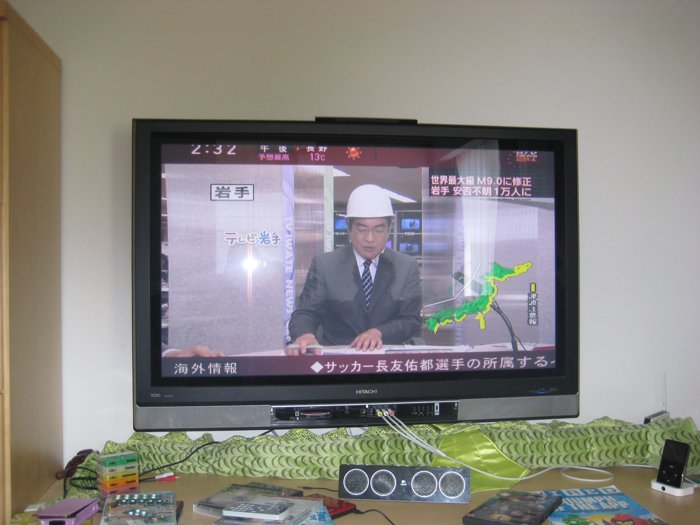Akhnaten at the English National Opera
Wednesday, March 9th, 2016Last week I went to the opera, a first for me, as it’s not entirely my thing. I went to see Akhnaten, by Philip Glass, which I rather like for reasons I can’t properly explain. And that’s how he chooses to spell it (rather than the more traditional Akhenaten) – it’s not my typo!
And spoilers follow, so if you don’t want to know the fate of an Egyptian King from 1350BC, or how the opera is staged in London, look away now!
Visually it started very obscurely, with symbols projected onto the curtain. Probably hieroglyphs, but not very meaningful to the non-specialist! The curtain then opened on the death rites of Amenhotep, with the dead king being prepared for his funeral. A surprising amount of juggling! The 3 tier stage had the gods watching from above, juggling what I assumed were the souls of the departed. Nice touch. Also very true to the imagery of the period, where paintings show the gods lined up to watch the ceremony from above. There’s lots more very authentic imagery later on too, where they recreate pictures from the Amarna period – I was impressed by that.
The first act climaxes with the heart of the King weighing the same as a feather, which is good news for him and allows him to proceed to the afterlife, and coronation of Akhnaten who then unexpectedly renounces the faith of his fathers, and declares his allegiance to a new god, the Aten instead.
Very stylistic performances, with slow motion movements spreading the action out across the music. The first act also had some gratuitous nudity, as the new king is stripped and reclothed as King – only to be expected from the Arts 🙂
I’m fairly familiar with the music, having listened to it lots of times. But hearing it live was different – I especially appreciated the tuba, whose power as an instrument was very striking.
In the second act we finally hear Akhnaten sing, and his counter-tenor voice is strikingly odd, especially in duets with women, where it blends in a most unusual way. We also get amazing stylised fighting, where the jugglers throw clubs across the stage at each other, and each weapon becomes part of their own juggling pattern. They got a big round of applause for that!
Act 2 also includes a massive sun (the Aten) which dominates the stage, looking at times a bit like the Death Star, and at other times like a production of James and the Giant Peach depending on the lighting.
Thus ends act 2.
Act 3 is the tragic ending, the fall of the King as his people revolt (very slowly) against their remote and detached ruler. After the flawless mass juggling throughout, the point where all the balls drop to the floor has a real emotional impact – this is it, it’s broken, it’s all over. And the final contrast between the students throwing rolled up notes at each other contrasts beautifully with the skill of all the previous juggling (it’s a professional juggling outfit by the way, who don’t sing).
I am still ambivalent about some of the music, but I really like other parts. I have to admit, I wished I could have seen more of the orchestra from my seat. But it was a genuine spectacle, and as someone who likes the music, it was a very good night. For the record, the Guardian reviewer liked it, and the Times reviewer didn’t!


